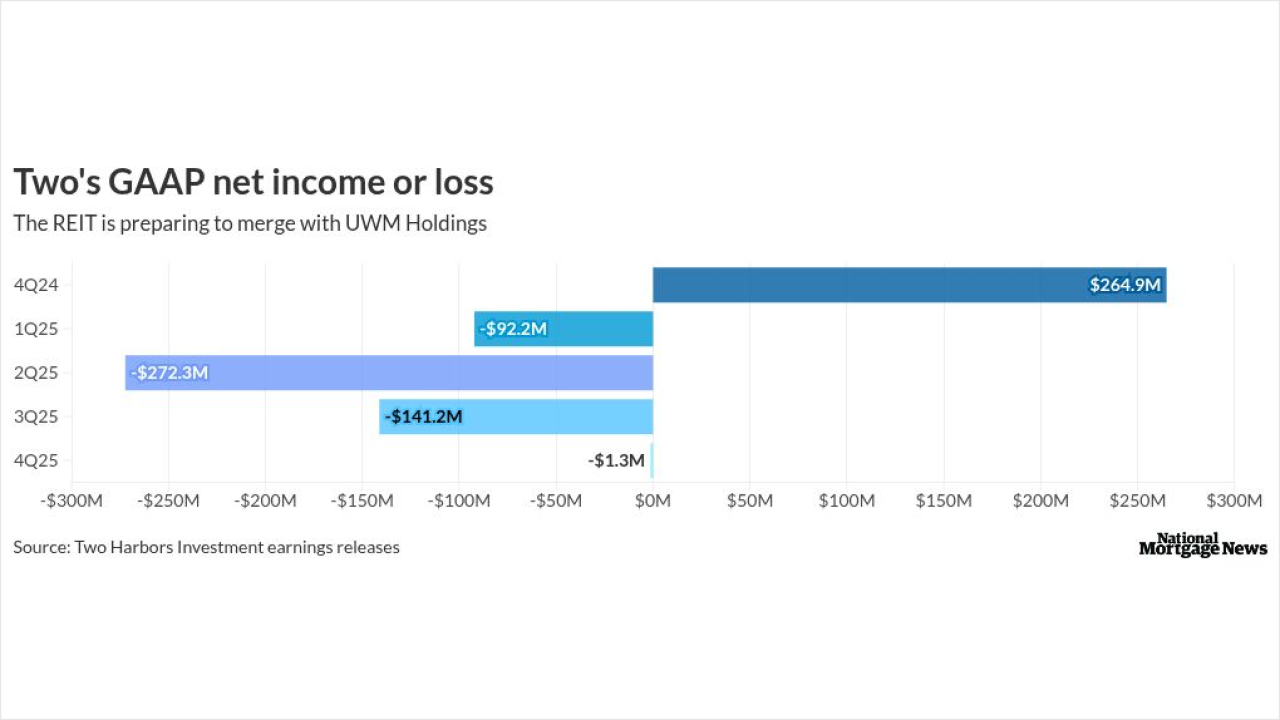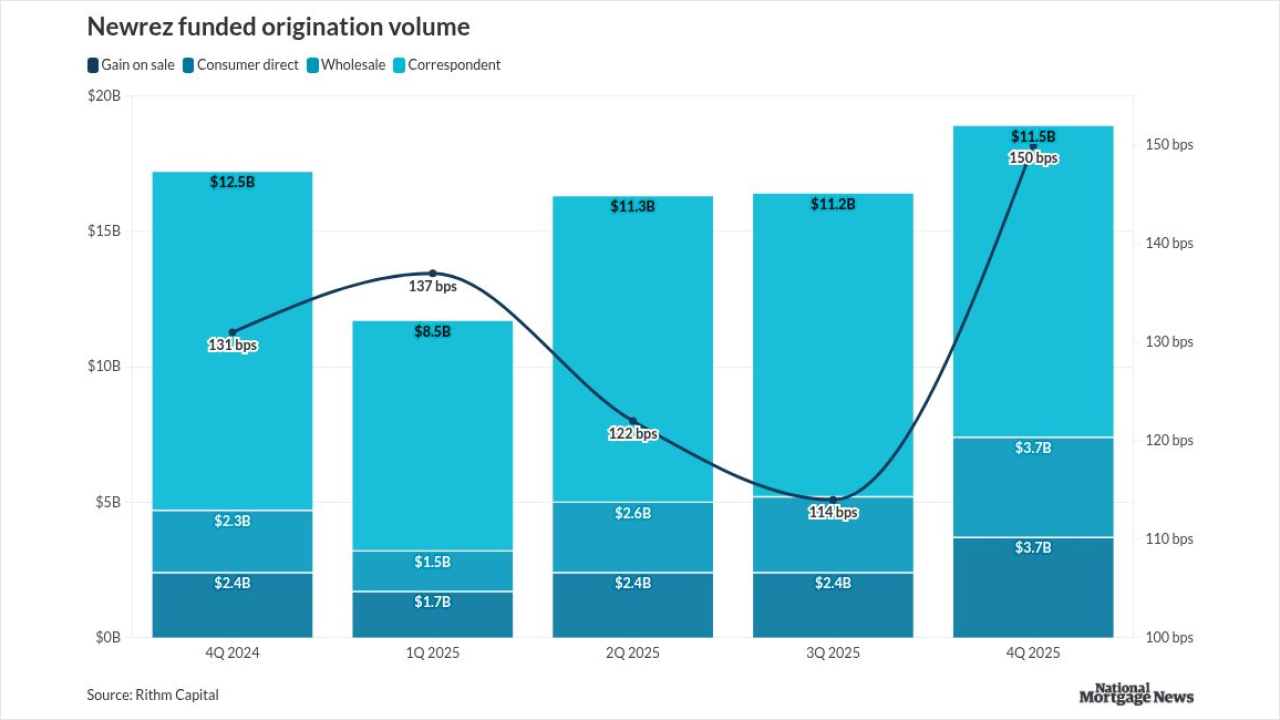Greg Sher, managing director at NFM Lending, is piping up on topics many in the mortgage industry would balk at discussing on the record.
On LinkedIn, Sher has written posts about mergers and acquisitions, FICO moving to
In the past 90 days, his posts have had close to 1 million impressions, LinkedIn stats shared with National Mortgage News show. The engagement he's seen with those posts highlight a "leadership void in mortgage," which has been amplified with
"When he passed, I felt a responsibility to help advocate and shoulder some of the burdens of our industry," said Sher. "Dave was a giant person, a giant force, and no one of us can fill that void, but if I can inspire one person a day, regardless of their title, to step out of their comfort zone and speak about an issue they're passionate about, I will have made Dave very proud."
Founded in 1998 and headquartered in Linthicium, Maryland, NFM Lending ranked 24th among 2023's top overall lenders by Scotsman Guide. In 2021, Sher co-founded the company's influencer division, which draws leads from those engaging with content from select loan originators posting on Tiktok, Instagram, Youtube and beyond.

"I grew up around marketing and TV, so when I saw on video people talking about mortgages and I saw the traction they were getting with follows, likes and comments, it really was a centennial moment for me," said Sher. "I realized what an opportunity was before me and the mortgage industry, so I seized it."
Currently, the division, which has generated close to 65,000 leads and over $400 million in closed volume, has 14 influencers and it is looking to keep growing.
"Anyone who feels the future of their business is going to be around their brand, they come to NFM and we coach them on how to communicate with customers through social media," he said.
It was a natural extension for Sher himself to become an influencer for others working in home finance with his posts sounding off on the issues of the day. Sher sat down with National Mortgage News to discuss how he plans to use his social media platform to bring the mortgage industry together, NFM Lending's influencer division and the importance of empathy during a time of turbulence for IMBs.



